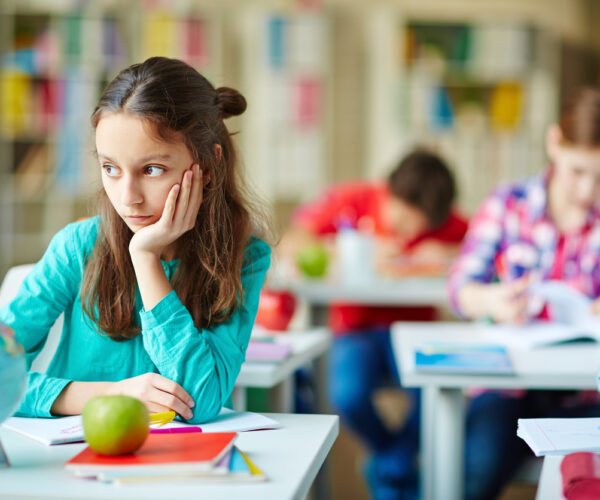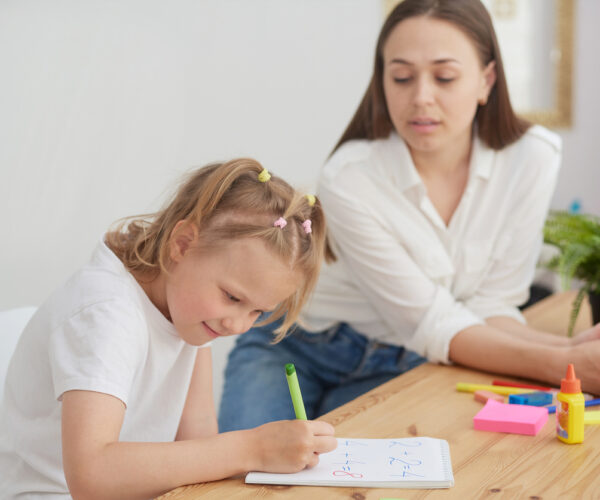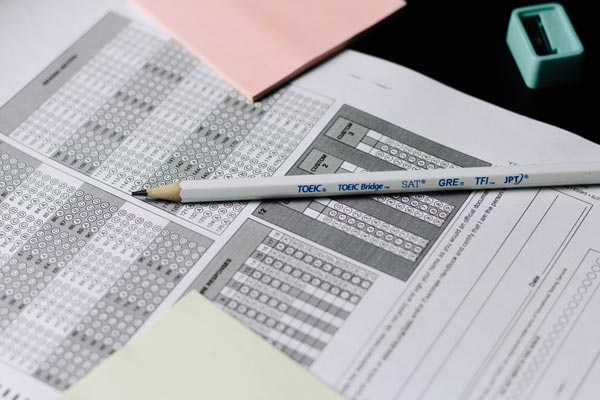
Making Sense of the WISC-V
June 30, 2021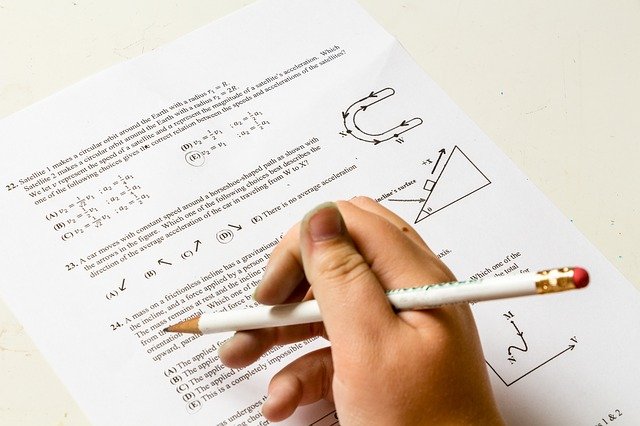
Types of Learning Disabilities, Part 1: Dyscalculia
July 13, 2021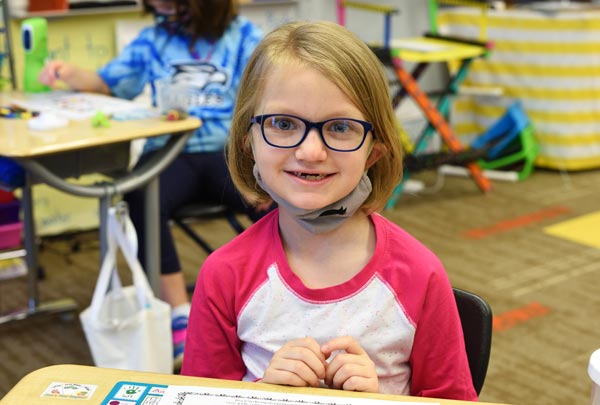
Self-reflection and awareness can sometimes be an uncomfortable and, at times, distressing experience. So much so, that we often like to avoid examining too closely what makes us tick. Shelly Weisbacher, former Springer Executive Director, provided great insight into understanding ourselves better in order to understand and help our children with learning disabilities better. Here is what she had to say about the six success factors for children with learning disabilities...
When helping your child with learning disabilities develop the 6 success factors of self-awareness, proactivity, perseverance, goal setting, social support systems and emotional coping strategies, it can be useful to revisit these factors as they apply to parenting a child who is struggling.
To begin with, how would you rate your own self-awareness with regard to your feelings about your son’s learning disabilities? Are you able to accept his challenges and speak openly about them? If not, what might be getting in your way? Figuring this out is an important first step before you can begin to help him develop his self-awareness.
Likewise, in learning to set goals, we want to help our children establish realistic, developmentally appropriate goals. We also need to be careful to limit the number of goals established at any one time. Just as you would steer your daughter away from unrealistic goals, so too you must allow yourself to focus on a few, attainable goals. Helping children learn new skills can be a long process. When we permit ourselves to break the goals down, even further than might seem necessary, we increase the likelihood of success. And, it is important to remember that we, as adults, need to experience competence in nurturing the development of the six success factors so that we can support our children’s growth.
For further ideas and activities, The Frostig Center has published, The 6 Success Factors for Children with Learning Disabilities: Ready-to-Use Activities to Help Kids with Learning Disabilities Succeed in School and in Life. While written for classroom teachers, many of the activities can be adapted for use at home.

Blogger Lisa Bruns, M.Ed., Special Education, shares her expertise of students with learning disabilities. As a special educator, she has expert knowledge of interventions and accommodations that students may need to succeed in and out of the classroom. If you have questions, please contact Center Director Lisa Bruns at .


